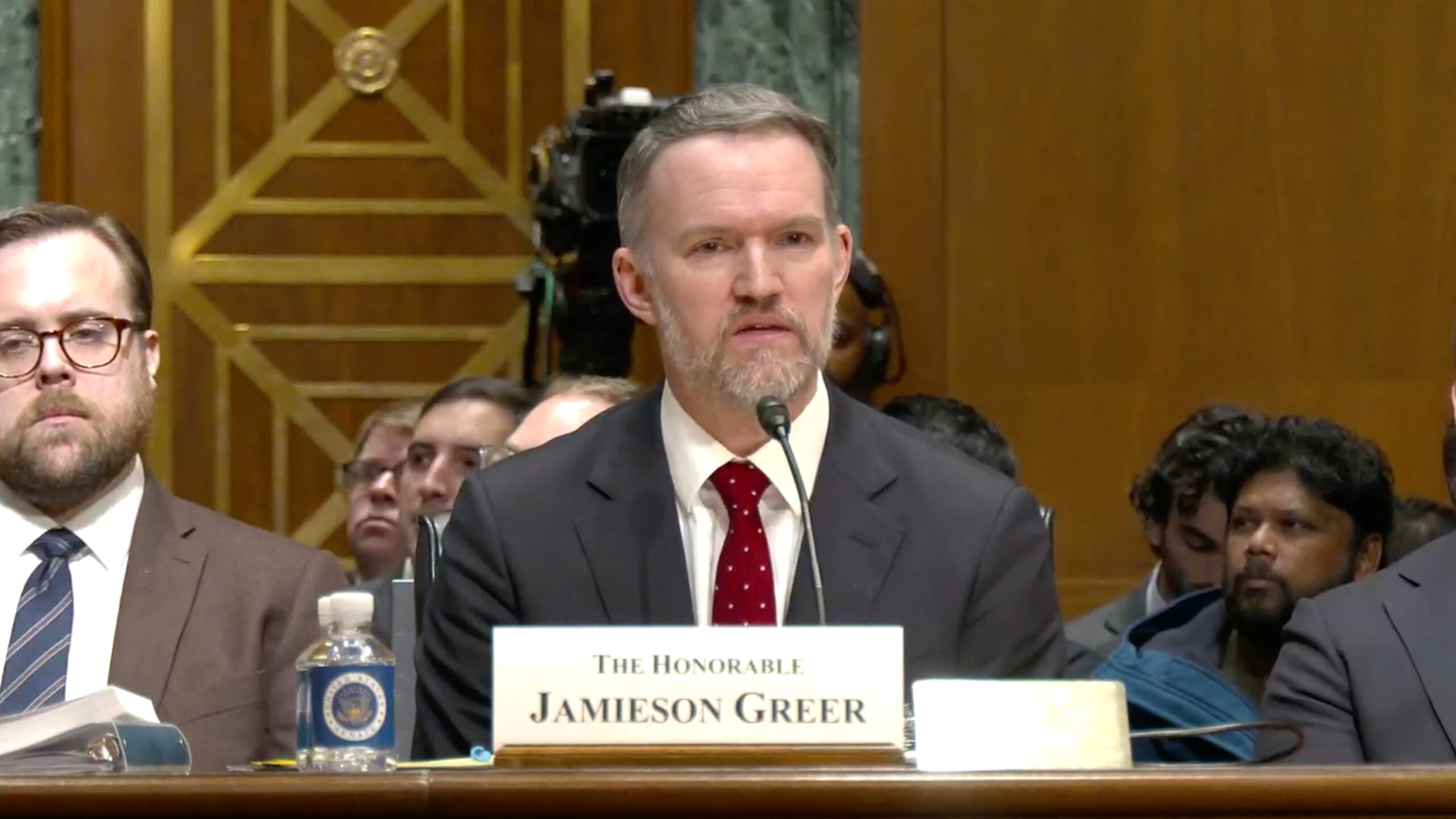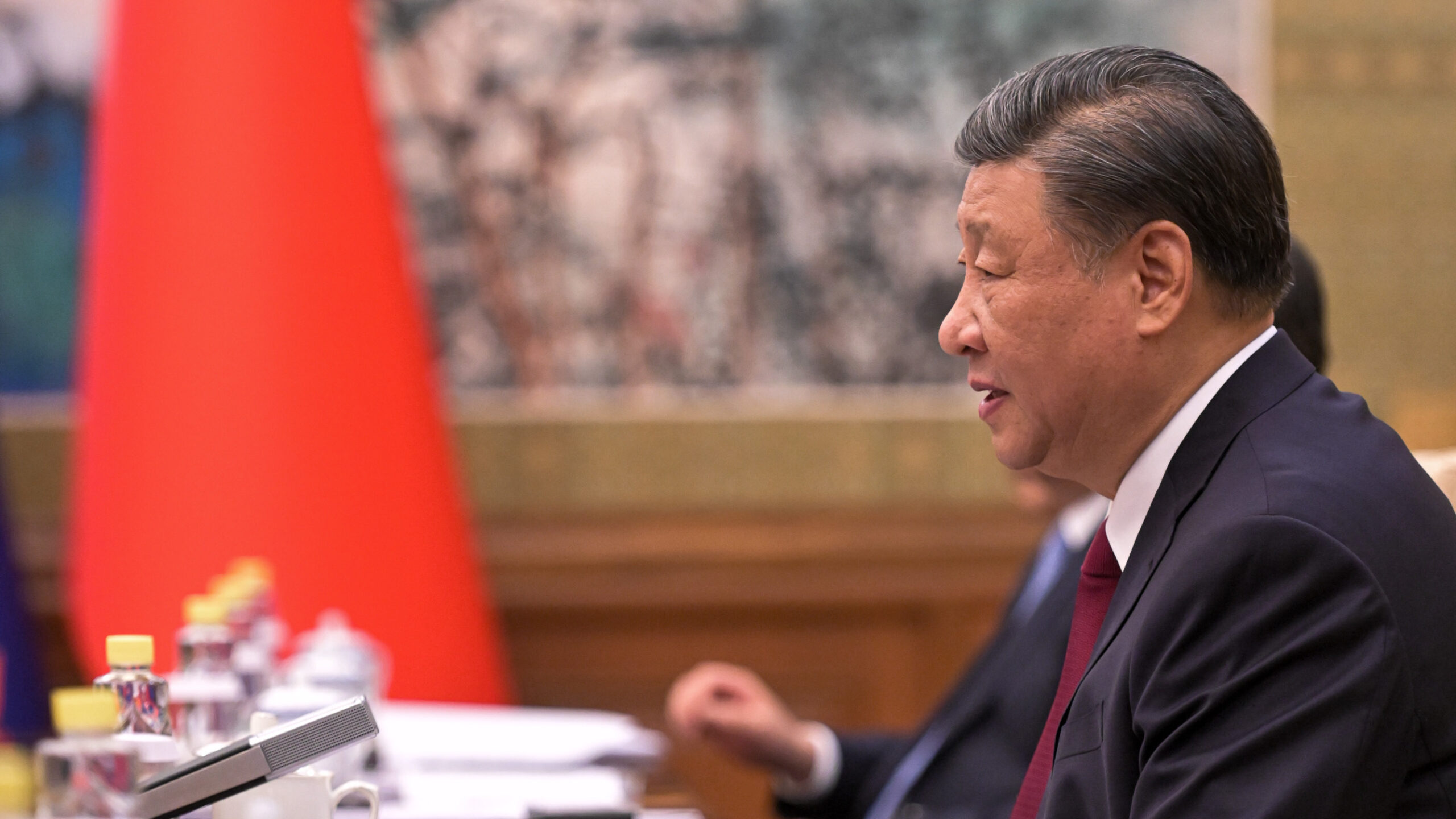
Late Monday evening six US producers filed petitions for the imposition of antidumping and countervailing duties on hot-rolled coil imports from Australia, Brazil, Japan, The Republic of Korea, the Netherlands, Turkey and the UK.
[by Michael Fitzgerald | August 11, 2015| Platts.com]
According to a filing with the US Department of Commerce, the petitioners allege that HRC from the named countries is “being, or is likely to be, sold in the United States at less than fair value” and should be remedied by anti-dumping duties. In addition, “petitioners further allege that the governments of Brazil, Korea and Turkey are providing countervailable subsidies.”
The complaint filed by AK Steel, ArcelorMittal USA, Nucor, SSAB, Steel Dynamics Inc. and US Steel alleges dumping margins of roughly 19-200%, depending on the country of origin.
The alleged dumping rates are 99.20% for Australia; 21.80% for Brazil; 19.53-30.90% for Japan; 86.96-158.93% for South Korea; 55.21-173.17% for the Netherlands; 96.44-200.78% for Turkey, and 50.63-161.75% for the UK.
The petitions also allege that HRC producers in Brazil, South Korea, and Turkey benefit from numerous government subsidies subject to countervailing duties. The petitions identify 33 subsidy programs in Brazil, 41 in South Korea and 17 in Turkey.
China is not one of the countries named in these petitions, because US imports of its HRC are already subject to an anti-dumping order.
This week’s petitions were filed concurrently with Commerce and the US International Trade Commission.
According to the filing, between June 2014 and May 2015 the seven cited countries accounted for 54.2% of all the 7.37 million st of HRC imports into the US. Korea was responsible for 18.9%; Turkey, 7.5%; the Netherlands, 6.6%; Japan, 6.3%, Brazil, 6.1%; Australia, 4.7% and the UK, 4.0%.
If excluding the USA’s NAFTA partners, Canada and Mexico, the seven countries named accounted for 80.1% of HRC imports.
This is the third sheet trade case filed by US mills in the past two and a half months, as US producers filed petitions against corrosion-resistant sheet imports at the start of June and followed up with petitions against cold-rolled coil imports at the end of July.
The Commerce Department will determine whether to initiate the antidumping and countervailing duty investigations within 20 days of the filing of the petitions, and the ITC will reach a preliminary determination of material injury or threat of material injury within 45 days of the filing.
The entire investigative process will take approximately one year, with final determinations of dumping, subsidization, and injury likely occurring in the summer of 2016.












